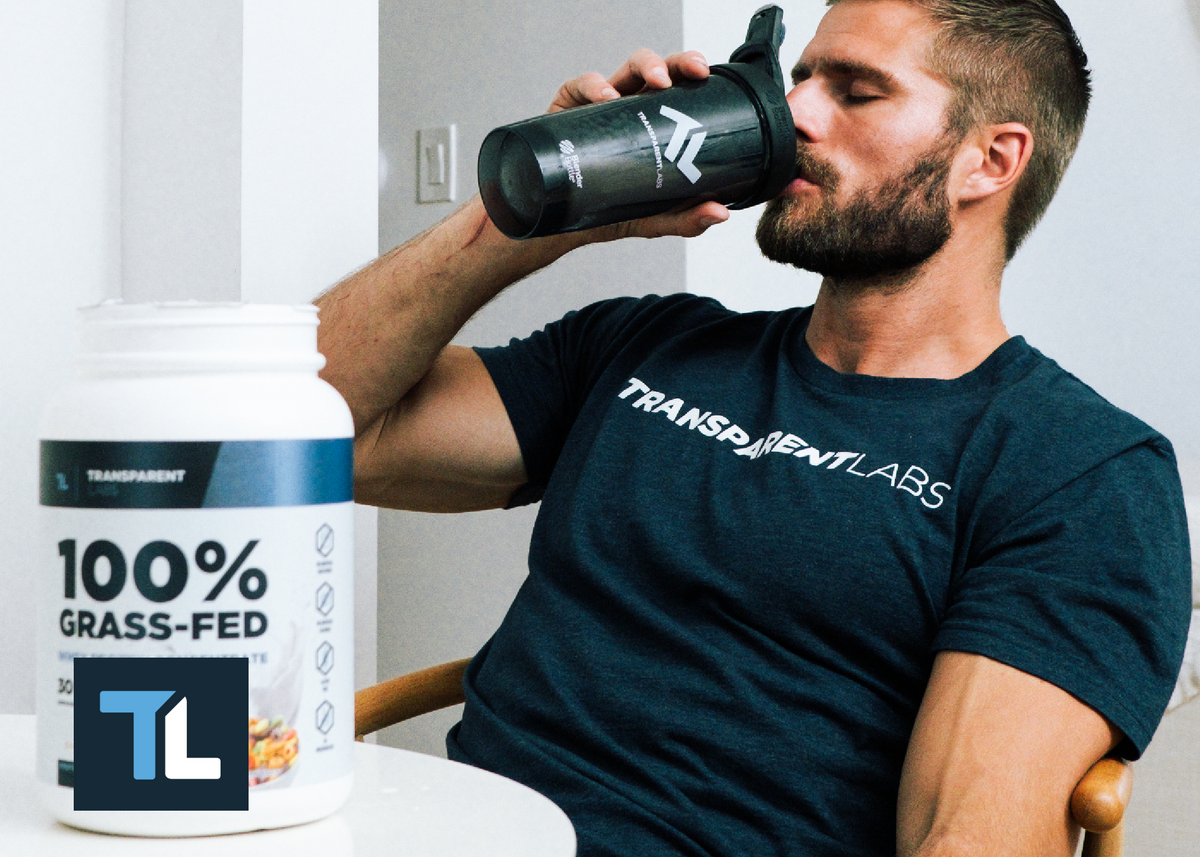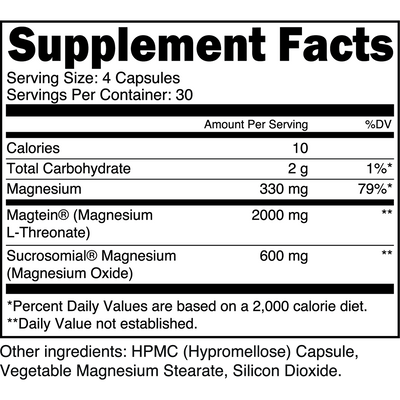Natural vs. Artificial Flavor: Does It Matter for Your Health?

Natural vs. Artificial Flavors: How Do They Compare?
Do you ever wonder what is actually inside the foods and drinks we consume on a regular basis? Sure, many of us look through to find out about calories, sugar and salt content, or total protein, but what about the flavors!?
Wherever we go, natural and artificial flavorings are all around us – from baked goods to crackers and even ice cream.
Most of these flavor additives designed to enhance the taste and smell of a food or drink are intentionally included to help set products apart from the crowd. Whether we choose to like it or not, millions of food manufacturers focus on capturing flavors that will help spike sales!
Read on to discover the truth behind natural and artificial flavors, what they’re made of, and how to interpret flavorings on food and supplement labels. You may be surprised to find out what the words "natural" and "artificial" actually mean in these contexts!
What are Natural Flavors?
Natural flavors are defined as chemical flavor compounds or flavoring constituents derived from a natural source such as plants, animals, or other related plant and animal material. In other words, anything that is labelled as having ‘natural flavoring’ does not contain anything synthetic or man-made.
Although many people compare the term natural to something that’s healthy or organic in nature, natural flavors really mean that it's a type of essential oil, protein hydrolysate, distillate, or any product of roasting, heating, or enzymolysis [1].
According to the International Food and Information Council, any food or beverage that contains flavoring from the following sources is considered a natural flavor:
-
Spice
-
Fruits or fruit juice
-
Vegetables or vegetable juice
-
Edible yeast
-
Herb
-
Bark
-
Bud
-
Root
-
Leaves or similar plant material
-
Fish
-
Poultry
-
Eggs
-
Dairy products
-
Fermentation products (i.e. wine, beer, sauerkraut, etc.)
What are Artificial Flavors?
Artificial flavoring is an edible chemical composition that is created synthetically in the lab to replicate the taste and smell of natural flavorings, only without being extracted from natural sources. In other words, the chemicals used are of "artificial origin," meaning they are not derived from a spice, fruit, vegetable, or any other naturally occurring source.
Much like natural flavors, the addition of artificial flavors to the foods we eat helps give our taste buds a delicious experience. For example, most forms of vanilla extract comprise artificial vanilla flavoring created by synthetic vanillin, which is actually a lab-produced version of the same chemical mixtures that are naturally occurring in real vanilla.
The Truth behind Natural and Artificial Flavors

When it comes to recognizing the difference between natural and artificial flavors, there is more to it than what meets the eye. Chances are, the flavor industry has led you astray in knowing the truth.
That stops today! We are here to give you the inside scoop on these flavor ingredients so you can shop with confidence the next time you’re in the grocery store.
How to Read Natural and Artificial Flavor Labels
It’s no surprise that many food manufacturers intentionally create food labels that help entice customers into buying more products.
Unlike having to qualify a product as ‘organic’, meaning that it must be certified to have grown on soil with no addition of prohibited substances for three years prior to harvest, terms like artificial and natural flavoring can be used more freely [2].
According to the US Code of Federal Regulations, flavoring language such as “Naturally Flavored” or “Artificially Flavored” must be declared on food packaging and appear clearly for consumers to read. This language must also come before or after the primary named item on the food or beverage in a size that is no less than half the size of the named item.
Food and beverage products are categorized into the following 5 flavor types:
1. The product contains “natural extract”
This means that any flavor compounds used in a food or beverage are extracted directly from a natural source. For example, if a type of fruit juice tastes like pineapple, then it’s likely to have a certain percentage of natural pineapple in it (i.e. 100% Natural Pineapple).
Based on many food labels, most flavoring extracts have a shelf life between 6 months to 1 year with the exception of pure vanilla extract.
2. The product contains “natural flavor” (with other natural flavors)
Using our same example from above, the use of “natural flavor” to describe pineapple juice means that the juice does not have enough real pineapple to enhance the taste, so food manufacturers add natural flavoring to help. This can also be labelled as “Pineapple Flavored Juice”.
If the label also reads “with other natural flavors", then the product uses a variety of other flavors to complement the taste.
3. The product contains “natural flavor type”
The term "natural flavor type" is used to describe food or beverage products that have all-natural ingredients without the real main ingredient being present. For example, "Natural Pineapple Type" means that the natural flavor compounds that taste like pineapple are derived from botanicals and not real pineapples.
In this case, the packaging can not include a picture of a pineapple since the real fruit was not used, only natural flavorings.
4. The product contains “artificial flavor”
On the flip side, products that use the term "artificial flavor" describe the flavor additive that simulates or resembles the named item. For example, if pineapple juice contains only artificially flavoring, it would be named “Artificially Flavored Pineapple Juice”.
5. The product contains “natural and artificial flavor”
Lastly, we have products that contain a combination of “natural and artificial flavor”. In this case, the food additives used are both a natural flavor derived from the named item as well as the artificial form. This would mean that the fruit juice would be labelled as “Naturally & Artificially Flavored Pineapple Juice”.
Is Natural Flavor Really Better than Artificial Flavor?
When it comes to healthy living, it probably doesn’t matter much if you choose natural or artificial flavors, but opting for the former is the safe bet. The main difference between artificial and natural flavors is the origin of the flavor chemicals used in the product; the toxicity of artificial flavoring compounds is an area of ongoing research.
Rather than eliminating these food additives altogether, it’s best to focus on consuming fresh, minimally processed foods while limiting artificially flavored foods [3]. Fortunately, all Transparent Labs products are formulated exclusively with natural flavors that won't compromise your healthy lifestyle.









